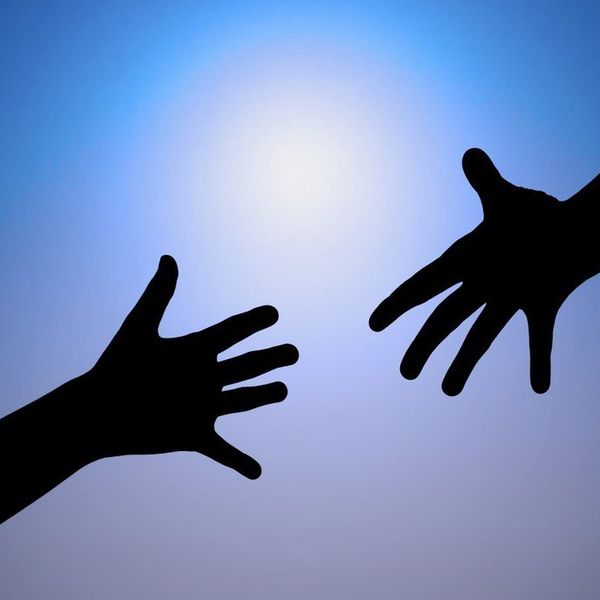A few years ago, when social media began to really take over the millennial generation’s attention, a platitude of studies were done to examine the effects of online life to mental health. Study after study showed that constantly staring at a screen, and especially interacting negatively, can cause anywhere from minor to extremely serious mental health issues. One of the more popular discoveries that people of all ages began to take seriously was limiting technology use before bed in order to get better rest. However, what people didn’t realize was that insomnia became an issue before technology really took over and while turning off your phone an hour before bed is certainly a good idea, it’s not going to fix your problems.
In fact, according to the National Sleep Foundation and multiple other sources, older people are actually more likely to suffer from insomnia. Story after story in the media boasts about how mentally ill our generation is but it seems like we’re all ignoring the generation that’s suffering the most. In the past 100 years, specifically since the industrial revolution, people simply sleep less and work more. This lifestyle was handed down to us from our parents and is exacerbated by crazy work, school, and life commitments. While there is a huge connection to depression and insomnia, and millennials tend to dominate the conversation on mental illness, it’s still the older folks that suffer the most from depression. “The Behavioral Risk Factor Surveillance System found that the rate of diagnosed major depression increased with age from 2.8% for adults 18-24 to a peak of 4.6% for adults 45-64 years.”
In today’s world you’ll see one famous icon after another share their tips on living a “happier” life. One of the biggest tips? Turn off your tech for a lot of the day. While this may sound nice to some, most people not only get valuable interaction through social media with friends and family, they also work with a computer. And that’s not anything new. Once computers were introduced to the public they became a regular part of business before they ever became a normal part of home life. We like to think of computers and technology as some new obsession by millennials, but let’s not forget who invented and implemented it in the first place. I did not discover that Nintendo 64 or that giant desktop computer on my own. My parents bought them. Not only that, but I watched my dad spend a lot of free time playing Solitaire, Minesweeper, and Harry Potter quizzes.
Whether or not the generations before us will ever admit it, millennials aren’t the first truly digital generation because we put ourselves in that position. We’re the first truly digital generation because our parents were just as obsessed with the next big thing in technology as we learned to be. Maybe our generation has turned that craze into something more than they ever expected. While we may fight and complain online, we also share more memories, open our hearts and minds to people from all over the world, and we collaborate more to raise awareness and even money for an incredible amount of causes.
While I’d like our parents and grandparents to take some responsibility for the negative aspects of technology on all generations, they also have an opportunity to take responsibility for something truly great. But why would they when it seems the media and millennials alike ignore them? While mental health issues seem to be on the rise, there’s also a rise of openness from online communities from people sharing their stories and support. Maybe as millennials we could focus more on how the mental health crisis effects older generations and not just us. For those who aren’t digitally-savvy, could we create more safe spaces online for them and be their voices if need be?
At the end of the day, while we may be the ones using technology to our emotional and entrepreneurial advantage, it’s our parents and grandparents who are the ones suffering the most from this fast-paced time. We’ve adapted while they’ve had some trouble keeping up. We suffer but they suffer too and as the center of media attention regarding technology’s effect on mental health, it’s no wonder we think they don’t understand our struggles. Limiting technology use may not be an option a lot of the time anymore. But perhaps that isn’t the answer. Perhaps what we all really need is to bridge that gap between us and everyone else. Maybe millennials could be a little more understanding of everyone else’s struggles too.




















